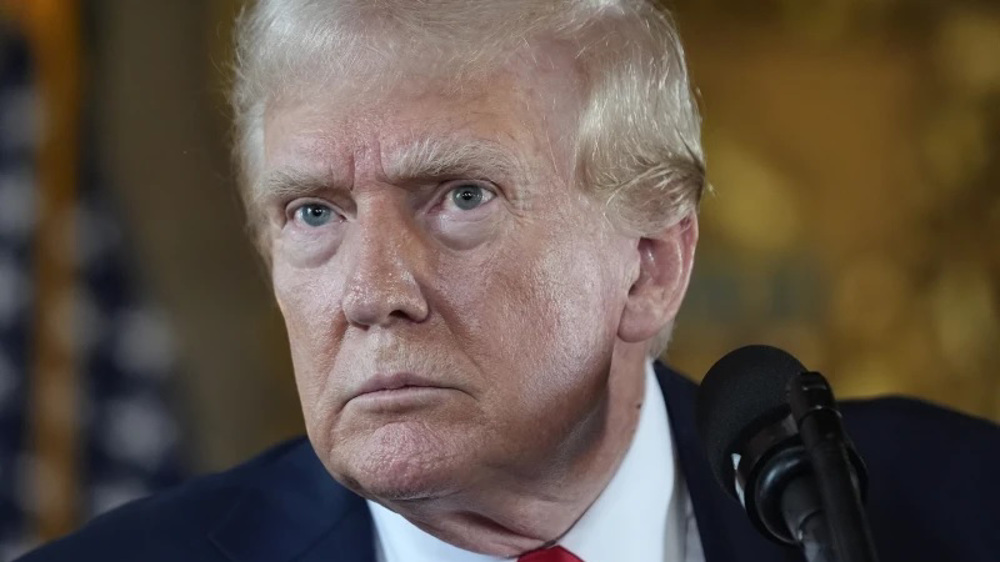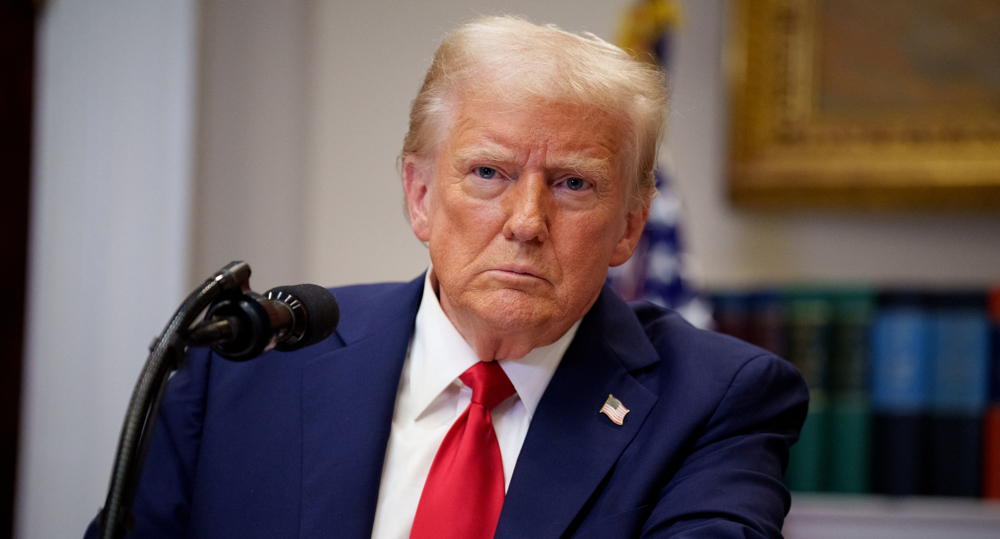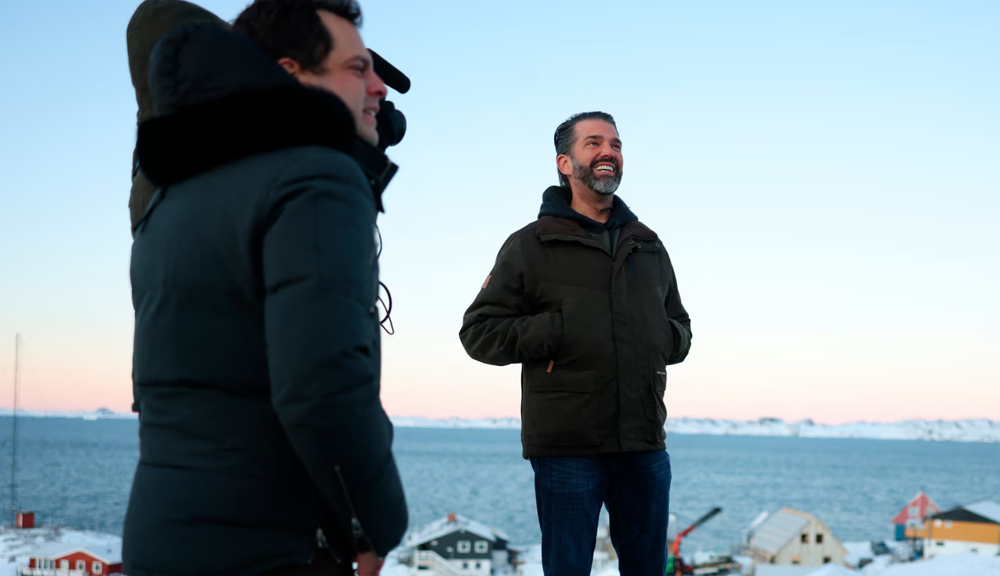Hungary boosts fence building along its border with Croatia
Hungarian Prime Minister Viktor Orban has mobilized forces to accelerate building of a fence along the country's border with Croatia to stop the flow of refugees.
Media reports said on Wednesday that Orban has mobilized soldiers and prison laborers to build a vast new barrier along its border with Croatia despite opposition from other EU countries.
The Orban administration says the military has been put in charge to speed up the construction work.
Meanwhile, Marta Varga, a spokeswoman for the Csongrad county government offices, says the state has mobilized a group of unemployed people who collect government benefits through a public works program for the purpose. They have been paid at a monthly wage of about USD 220 for work on the fence.
Sources say a 41-kilometer temporary fence had earlier been thrown up within four days. Work is now under way on a permanent barrier, with machines clearing the land and razor wire rolled out.
A stretch of land running along the Hungarian border with Croatia became a main passage way for refugees after Budapest shut its border with Serbia. Refugees and asylum seekers should pass through Hungary into Austria before being able to head for Germany, where they are welcome.

EU's controversial relocation plan
Meanwhile, a controversial plan by the European Union to relocate 120,000 refugees has sparked fierce opposition from certain Eastern and Central European countries. During an emergency meeting in Brussels on Tuesday, interior ministers of the European Union adopted by majority a resolution to distribute some 120,000 refugees among the member states, a decision which irked some Central and Eastern European nations, namely the Czech Republic, Slovakia, Hungary and Romania, which oppose the mandatory quotas in sharing the refugee exodus.
Hungary, the EU’s toughest anti-refugee government, has also questioned the feasibility of the plan.
Orban has described the arrival of thousands of refugees in Europe this year from Asia, Africa and the Middle East as an attack on the continent's Christian welfare model.
'Moral imperialism'
Orban has also rejected Germany's relatively soft stance on the refugee crisis.
The Hungarian premier on Wednesday rejected what he called German Chancellor Angela Merkel's "moral imperialism."
"The most important thing is that there should be no moral imperialism," Orban said, adding, "I don't doubt Germany's right to define its moral obligations for itself. They can decide if they accept every refugee or not... (but) that should only be compulsory for them."
UN Secretary General Ban Ki-moon recently voiced concern about the treatment of refugees on the border between Hungary and Serbia after Hungarian police attacked the asylum seekers, saying, "I was shocked to see how these refugees and migrants were treated, it's not acceptable."
One million homes without power as Storm Éowyn batters UK, Ireland
UN blasts Israel’s use of ‘war fighting’ methods in West Bank's Jenin
VIDEO | Hamas releases video of killing Israeli forces responsible for Yahya Sinwar’s assassination
US mercenary firms to take charge of key Gaza checkpoints: Report
‘Largest deportation in history’: US arrests, deports hundreds of immigrants under Trump
Iran censures West's double standards, unfair human rights mechanisms
On heightened watch: IRGC warns extra-regional players as naval drills get underway
Eight Iranians shortlisted for Beach Soccer Stars 2024










 This makes it easy to access the Press TV website
This makes it easy to access the Press TV website